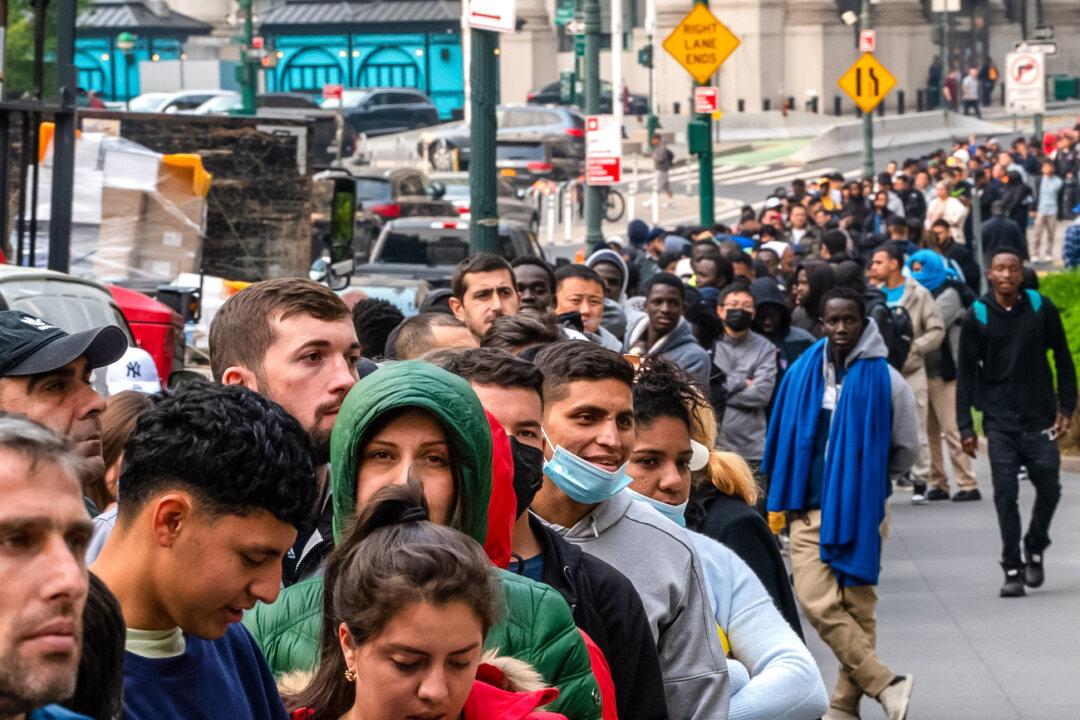New York City will not renew a $432 million contract with DocGo, a mobile health services company tasked to care for illegal immigrants and asylum-seekers, amid growing questions over the costly deal.
“We are constantly working to find new ways to better serve those in our care and manage this crisis in a financially responsible way,” Camille Joseph Varlack, Mayor Eric Adams’ chief of staff, said in a statement on Tuesday.





